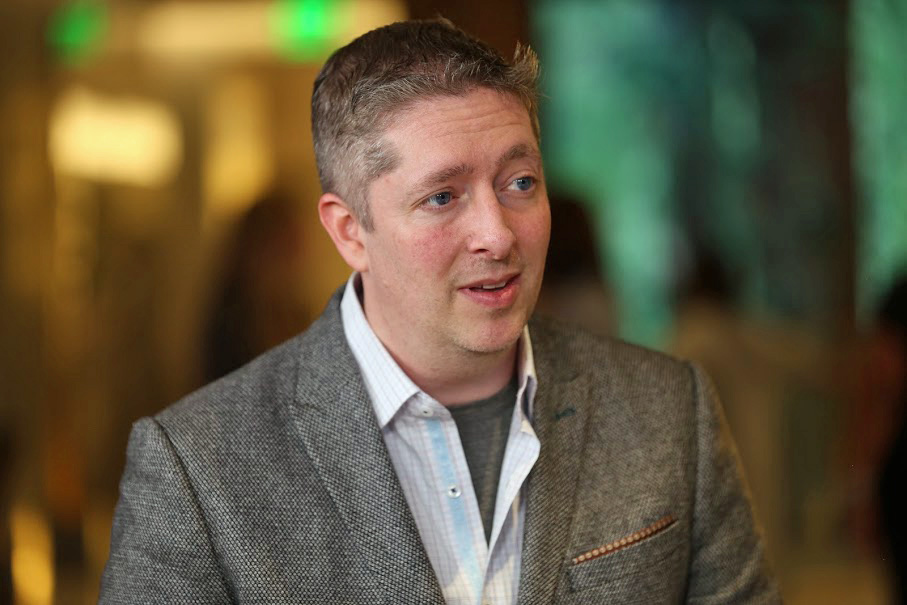 THOUGHT LEADERSHIP
THOUGHT LEADERSHIP
 THOUGHT LEADERSHIP
THOUGHT LEADERSHIP
 THOUGHT LEADERSHIP
THOUGHT LEADERSHIP
Most companies today have experienced at least one wave of digital transformation where no matter what product or service they provide, it has been disrupted by blindingly fast changes in technology.
In order to help organizations identify future expectations, Accenture LLP recently released Technology Vision 2019, its most recent annual report of where the trends are heading in technology, as well as how companies can best deal with and thrive on those changes.
“[Companies are] really looking for that next step to figure out how they change the way people work, the way people live, and even people realizing that the things that they’re doing are really having effect on society as a whole,” said Michael Biltz (pictured), managing director of Accenture Technology Vision at Accenture Technology Labs.
Biltz spoke with Jeff Frick, host of theCUBE, SiliconANGLE Media’s mobile livestreaming studio, during the Accenture Technology Vision event in San Francisco. They discussed hyperpersonalization, the concept of digital twins and why security is now more important than ever.
Facebook log-ins. Calls for an Uber. Smart appliance link-ups to a smart home. All of these digital products work together to form a consumer’s unique digital identity. And these identities are working and connecting with businesses in new, powerful ways that they’re never done before, according to Biltz.
“What we’re seeing is that we’re really shifting from this idea of personalization that says, ‘How do I get you into a better category?’ to individualization where it says, ‘No, I’m actually designing things for you,’” he explained.
All companies are going through this phase, whether it’s an internal journey or one they take with their customers.
To take the idea of a unique digital identity to the next step, Biltz gave the example of Heidelberg University Hospital in Germany, which works with the concept of “digital twins” for personalizing the location of a pacemaker in cardiac patients. By creating a digital dupe of a patient, this artificial intelligence tool predicts surgical outcomes, potentially saving lives and money and even avoiding surgery if an alternative is available, according to Biltz.
Having such powerful personal knowledge of digital identities is based on consumers trusting companies with their information. It seems that almost daily there are stories of data breaches in which highly personal client information is leaked via hacks, poorly handled security or both. Biltz gave the example of trusted automobile companies that have worked years and through many different product cycles so that customers know they can trust that their products are well-made.
It’s a new type of trust that companies have to build over time, as they realize that they’re going to go on a new journey to create that relationship with their consumers and build up that trust by keeping their data secure, Biltz said.
Here’s the complete video interview, part of SiliconANGLE’s and theCUBE’s coverage of Accenture Technology Vision 2019:
Support our mission to keep content open and free by engaging with theCUBE community. Join theCUBE’s Alumni Trust Network, where technology leaders connect, share intelligence and create opportunities.
Founded by tech visionaries John Furrier and Dave Vellante, SiliconANGLE Media has built a dynamic ecosystem of industry-leading digital media brands that reach 15+ million elite tech professionals. Our new proprietary theCUBE AI Video Cloud is breaking ground in audience interaction, leveraging theCUBEai.com neural network to help technology companies make data-driven decisions and stay at the forefront of industry conversations.